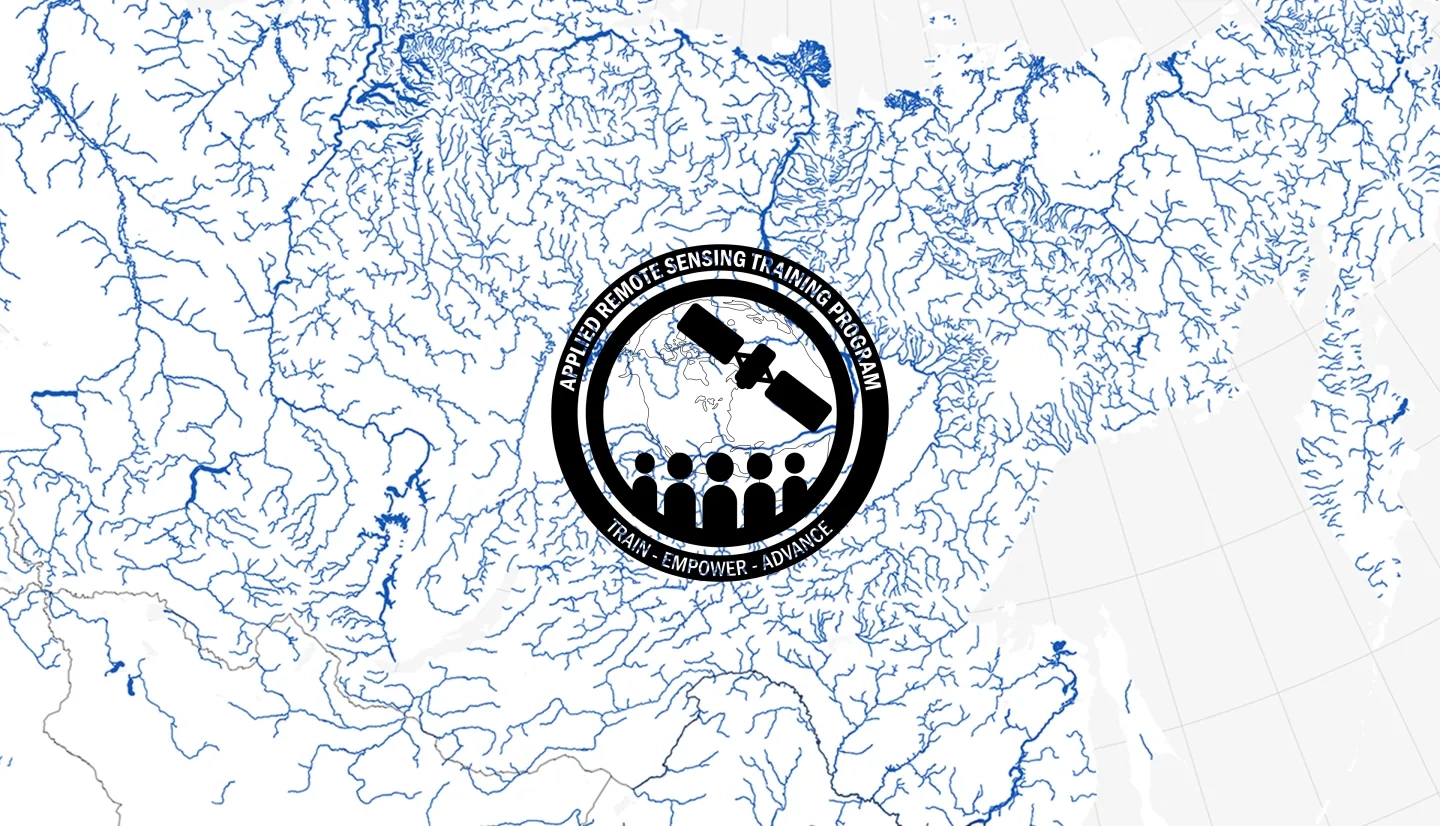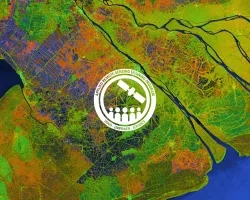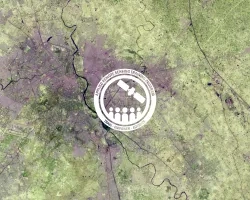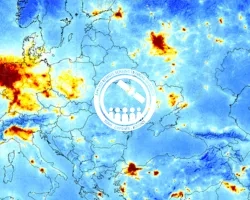Description
Rivers are a major source of freshwater. They support aquatic and terrestrial ecosystems, provide transportation, generate hydropower, and when treated, provide drinking and agricultural water. Estimating and monitoring water budgets within a river basin is required for sustainable management of water resources and flooding within watersheds. This advanced-level webinar series will focus on the use of NASA Earth observations and Earth system-modeled data for estimating water budgets in river basins.
Past ARSET trainings on monitoring water budgets for river basins focused on data sources relevant for river basin monitoring and management, and provided case studies for estimating the water budget of a watershed using remote sensing products. This advanced webinar will include lectures and hands-on exercises for participants to estimate water budgets for a given river basin.
By the end of this training, attendees will be able to:
- Identify and access remote sensing and Earth system-modeled data for estimating water budgets in a river basin
- Explain the uncertainties involved in estimating water budgets for river basins
- Replicate the steps for estimating water budgets for a river basin and sub-watersheds using remote sensing products and GIS
The content of this training was developed for local, regional, state, federal, and international organizations engaged in the management of water resources, river basins, floods, droughts, land development, river transportation, hydroelectric power, and reservoirs.
- Three 2-hour sessions
This session will provide an overview of data sources relevant for estimating water budgets for a river basin. There will be a demonstration and guided exercise to download water budget component data to estimate the water budget of a given watershed using remote sensing products.
Materials:
This session will include a demonstration and step-by-step exercise to estimate an integrated water budget over a river basin using Integrated Multi-satellitE Retrievals for Global Precipitation Measurement (IMERG) precipitation data, Atmosphere Land Exchange Inverse (ALEXI) evapotranspiration data, and Gravity Recovery and Climate Experiment (GRACE) terrestrial water storage data, all analyzed with QGIS.
Materials:
The final session will include a demonstration and step-by-step exercise to estimate water budgets at sub-watershed level within a river basin using water budget components from the latest version of Global Land Data Assimilation System (GLDAS v2.2), which includes assimilation of ground water data.
Materials:
- Presentation Slides
- Exercise 3
- Part 3 Data: Limpopo River Basin Shapefile w/ Sub-Basins
- Part 3 Data: GLDAS
- Homework 3 (Due August 25)
- Q&A Transcript



